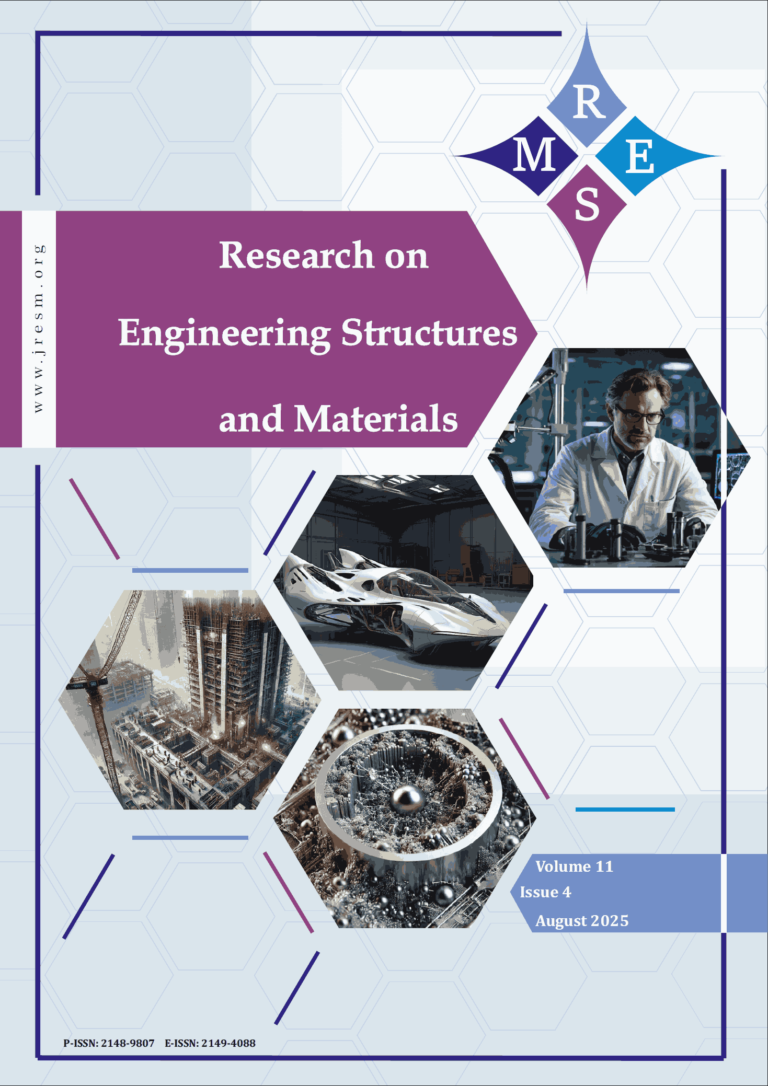The tribological and machining characteristics of A356 hybrid composites supplemented with silicon nitride (Si₃N₄) and molybdenum disulfide (MoS₂) were examined to improve wear resistance and machinability. Stir casting was employed to create the composites, with MoS₂ varying from 0 to 10 wt%, while Si₃N₄ remained constant at 5 wt%. A Taguchi-based TOPSIS optimization method was utilized to assess the impact of reinforcement content, load, sliding speed, distance, and temperature on wear rate, coefficient of friction (CoF), and hardness. The performance of electric discharge machining (EDM) was evaluated utilizing used motor oil (UMO) as a dielectric to measure material removal rate (MRR), tool wear rate (TWR), and surface roughness (Ra). The findings indicated that 2 wt% MoS₂ yielded the minimal wear rate (0.00061 mg/min) and coefficient of friction (0.399) attributable to the development of a mechanically mixed layer (MML), but 6 wt% MoS₂ attained the maximum hardness (127 HRB). At elevated loads and temperatures (225°C, 70N), MML degradation resulted in delamination wear, exacerbating material loss. In EDM, the optimal surface roughness (Ra = 2.383 µm) was attained at 5 g/L alumina, 24 A current, and 50 µs pulse on-time, surpassing traditional A356 EDM machining. The application of UMO as a sustained dielectric enhanced MRR and TWR, indicating its feasibility for precision manufacturing. This research establishes that A356/Si₃N₄/MoS₂ hybrid composites provide superior wear resistance, optimum hardness, and enhanced machinability, rendering them appropriate for automotive, aerospace, and industrial applications.
